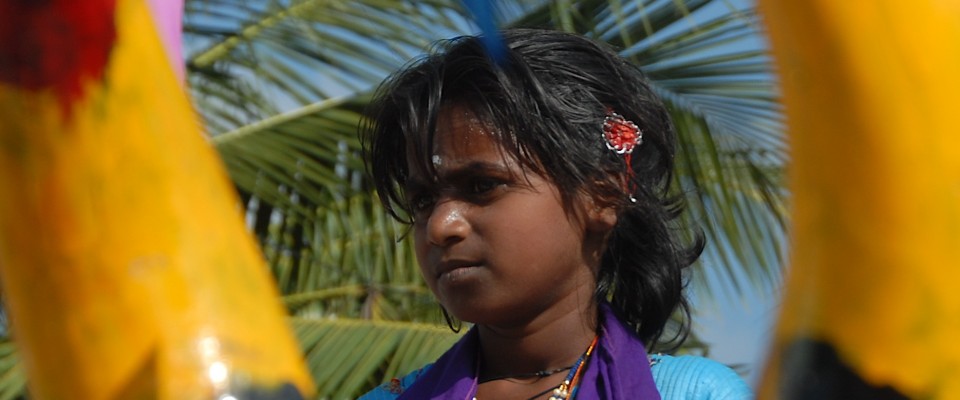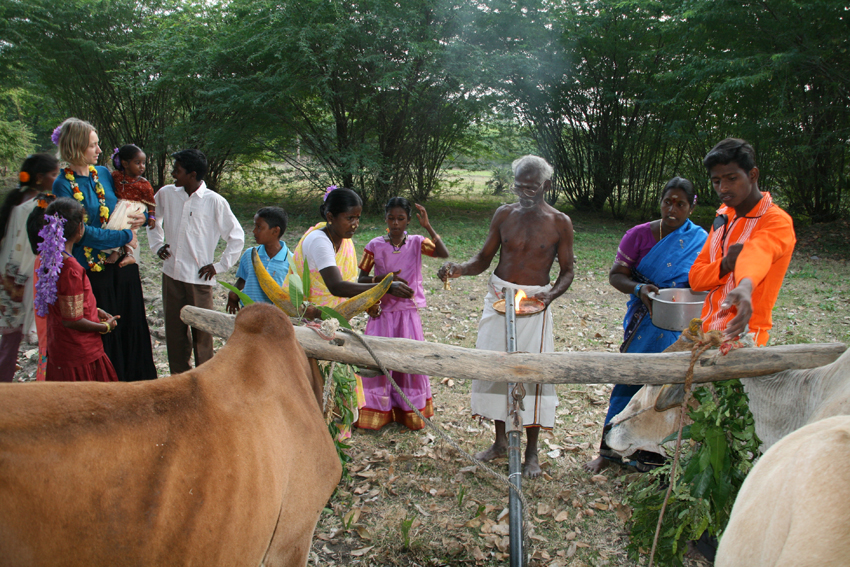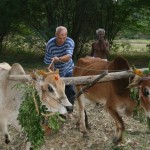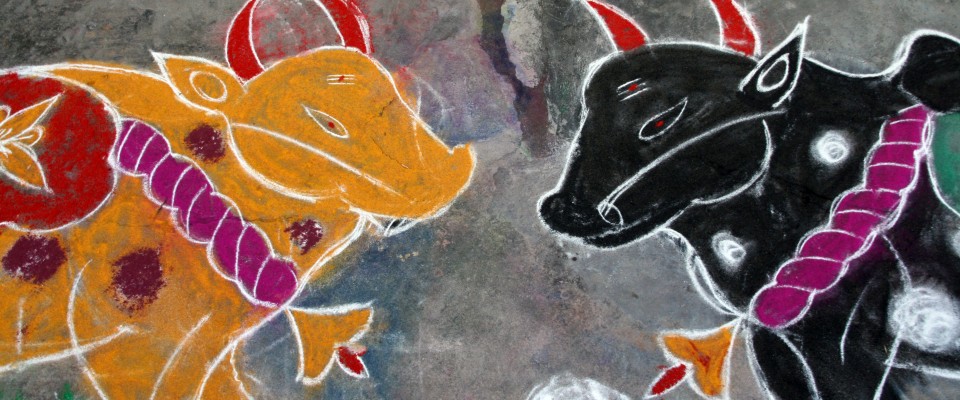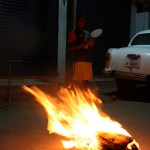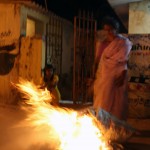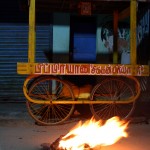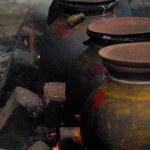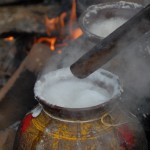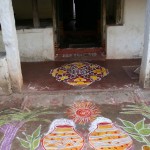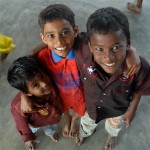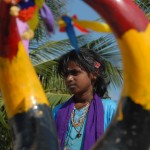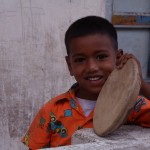Warning: Array to string conversion in
/home/ashtangarc/www/wp-content/plugins/carousel-without-jetpack/carousel/jetpack-carousel.php on line
252
Warning: Array to string conversion in
/home/ashtangarc/www/wp-content/plugins/carousel-without-jetpack/carousel/jetpack-carousel.php on line
252
Warning: Array to string conversion in
/home/ashtangarc/www/wp-content/plugins/carousel-without-jetpack/carousel/jetpack-carousel.php on line
252
Warning: Array to string conversion in
/home/ashtangarc/www/wp-content/plugins/carousel-without-jetpack/carousel/jetpack-carousel.php on line
252
Warning: Array to string conversion in
/home/ashtangarc/www/wp-content/plugins/carousel-without-jetpack/carousel/jetpack-carousel.php on line
252
Warning: Array to string conversion in
/home/ashtangarc/www/wp-content/plugins/carousel-without-jetpack/carousel/jetpack-carousel.php on line
252
Warning: Array to string conversion in
/home/ashtangarc/www/wp-content/plugins/carousel-without-jetpack/carousel/jetpack-carousel.php on line
252
Warning: Array to string conversion in
/home/ashtangarc/www/wp-content/plugins/carousel-without-jetpack/carousel/jetpack-carousel.php on line
252
Warning: Array to string conversion in
/home/ashtangarc/www/wp-content/plugins/carousel-without-jetpack/carousel/jetpack-carousel.php on line
252
Warning: Array to string conversion in
/home/ashtangarc/www/wp-content/plugins/carousel-without-jetpack/carousel/jetpack-carousel.php on line
252
Warning: Array to string conversion in
/home/ashtangarc/www/wp-content/plugins/carousel-without-jetpack/carousel/jetpack-carousel.php on line
252
Warning: Array to string conversion in
/home/ashtangarc/www/wp-content/plugins/carousel-without-jetpack/carousel/jetpack-carousel.php on line
252
Warning: Array to string conversion in
/home/ashtangarc/www/wp-content/plugins/carousel-without-jetpack/carousel/jetpack-carousel.php on line
252
Warning: Array to string conversion in
/home/ashtangarc/www/wp-content/plugins/carousel-without-jetpack/carousel/jetpack-carousel.php on line
252
Warning: Array to string conversion in
/home/ashtangarc/www/wp-content/plugins/carousel-without-jetpack/carousel/jetpack-carousel.php on line
252
Warning: Array to string conversion in
/home/ashtangarc/www/wp-content/plugins/carousel-without-jetpack/carousel/jetpack-carousel.php on line
252
Warning: Array to string conversion in
/home/ashtangarc/www/wp-content/plugins/carousel-without-jetpack/carousel/jetpack-carousel.php on line
252
Warning: Array to string conversion in
/home/ashtangarc/www/wp-content/plugins/carousel-without-jetpack/carousel/jetpack-carousel.php on line
252
Warning: Array to string conversion in
/home/ashtangarc/www/wp-content/plugins/carousel-without-jetpack/carousel/jetpack-carousel.php on line
252
Warning: Array to string conversion in
/home/ashtangarc/www/wp-content/plugins/carousel-without-jetpack/carousel/jetpack-carousel.php on line
252
Warning: Array to string conversion in
/home/ashtangarc/www/wp-content/plugins/carousel-without-jetpack/carousel/jetpack-carousel.php on line
252
Warning: Array to string conversion in
/home/ashtangarc/www/wp-content/plugins/carousel-without-jetpack/carousel/jetpack-carousel.php on line
252
Warning: Array to string conversion in
/home/ashtangarc/www/wp-content/plugins/carousel-without-jetpack/carousel/jetpack-carousel.php on line
252
Pongal is the festival of rice harvest and thankfulness. Generally it is celebrated with the family, at home, and lasts four days. It is one of the most colourful festivals in South India. It is based on the solar calendar. It is a bit like an Indian Easter. The houses are thoroughly cleaned. The mistress of the house (with the help of her daughter) draws a Rangoli or Kolam in front of the door on the street. The cows are painted and decorated. There is a ritual of boiling rice with cane sugar and spices in a big pot, until it boils over and bubbles out of the vessel; it is then shared with everybody.
-
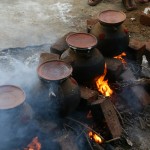
-
During the “Pongal”, cooking the rice and an art sacred
-
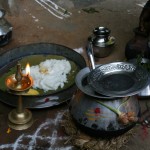
-
Pongal» Puja ceremony”for the meal
-
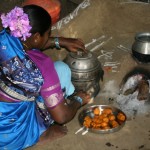
-
Pongal lunch
-
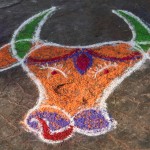
-
‘Rangoli’ for Pongal
-
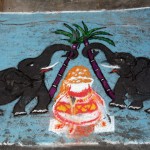
-
‘Rangoli’ for Pongal
-
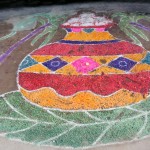
-
‘Rangoli’ for Pongal
In Tamil Nadu, the festival lasts four days.
Pongal is a secular festival celebrated throughout India on the 14th of January. It is called Makara samkrānti. The sun reverses its course from the Tropic of Sagittarius (Dhanu Rachi) to the Tropic of Capricorn (Makara Rachi) or the Tropic of Crocodile (makara). “Samkrānti “ means “the movement of the sun from one sign of the zodiac to another”. There are thus twelve “samkrānti“, that are considered auspicious days, suggesting a new beginning or the beginning of a phase of good omen in the Indian culture…
Makara samkrānti is the call for the awakening all the latent powers in man, not only for the development of his individual personality to its fullest potential but also for the well being and glory of society as a whole.
The Hindu philosophy praises the human activity considering it a supreme value without which nothing can be achieved in life. In a Subhaashita it is said:
Udyamam saahasam dhairyam buddhisshaktih paraakramaha |
Shadete yatra vartante tatra devaassahaayakrit | |
The Gods will help those who display the six attributes : activity, boldness, courage, wisdom, strength and courage
The very last śloka (श्लोक) of the Bhagavad-Gītā (भगवद्गीता) also highlights the supreme necessity of the human efforts in every field of human attainment:
Yatra yogeshwarah Krishno yatra Paartho dhanurdharah |
Tatra shreervijayo bhootirdhruvaa neetirmatirmama | |
Wherever there is Krishna, the Lord of Yoga, and wherever there is Partha (Arjuna), the archer, there will indeed abide, victory, Prosperity, glory, and righteousness.
-
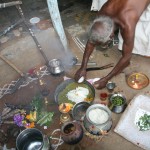
-
Pongal Puja in the puja room at home
-
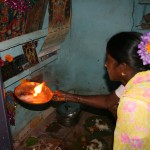
-
Ashtanga Yoga Pongal Puja in the house
The first day (Bhogi Pandigai), during the entire night, the children pound on a small hand drum around a bonfire where old used fabrics, clothing and mats are discarded and burnt, symbolizing the destruction of evil. Traditionally the clay kitchen utensils were broken, marking thereby the start of a new life. Decorative patterns or rangolis are drawn on the ground in front of each house.
The second day (Thai Pongal), early in the morning, recently harvested rice is boiled in new clay pots with fresh milk and molasses or brown cane sugar, and cardamom, while leaving the mix to boil over and bubble out of the vessel in order to attract Gods’ goodwill. People prepare snacks and deserts, pay visits to each other and exchange greetings.
The third day (Maattu Pongal) is dedicated to honouring the cows and buffalos that serve for working in the fields. They are painted with patterns, embellished with flowers and fed with new rice before being taken for a walk in the streets to the sound of festive music.
In certain villages, the attraction of the day may be a quite violent race of young bulls, called Jallikattu, or a race of bullock-carts.
-
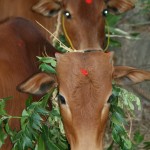
-
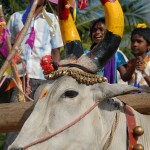
-
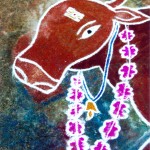
-
Pongal festival, rangoli
-
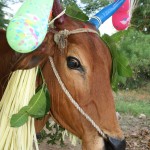
-
Pongal festival, une jolie vache
-
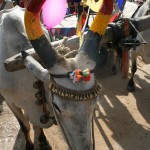
-
Pongal festival, vache décorée
-
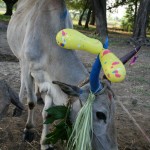
During the last day (Kaanum Pongal), the young people used to meet on the banks of rivers to look for a future spouse but this practice has nowadays fallen into disuse. During this period people eat sugar canes and also use them to decorate their homes. Also, men try to catch bundles of currency notes from the horns of bulls.
The festival has also an astrological signification: it marks the beginning of the Uttarayana period, during which, for six months, the sun takes its most northern journey in the sky. In Hinduism Uttarayana is considered as a favourable period, when important events are planned.
Mahābalipuram, you can during your current session of Ashtanga Yoga in the month of January participate in rich colors and music event, in fact the “ Tourism Office ” organizes each year for these festivities of the Pongal, a visit to a traditional village.
Om Shanti
